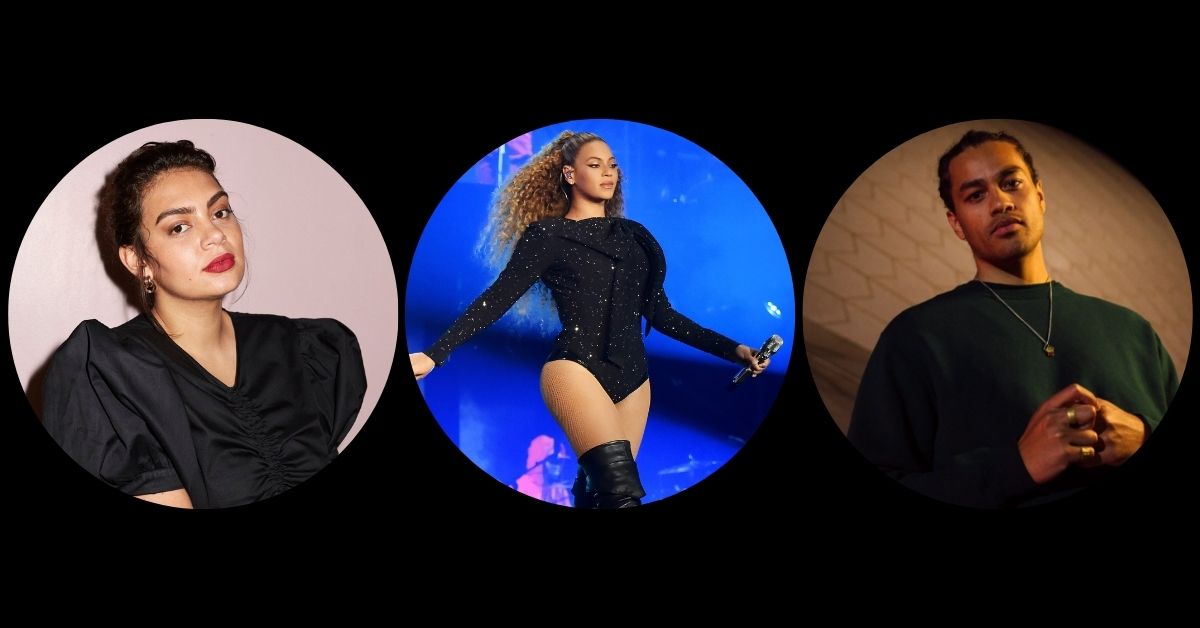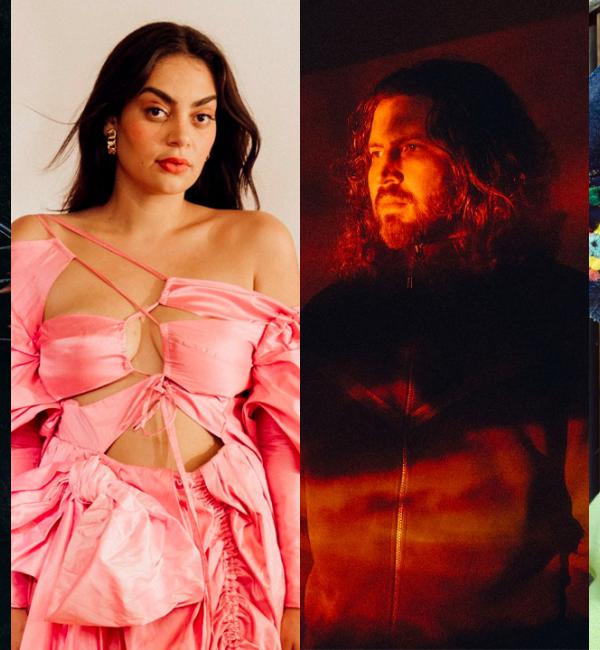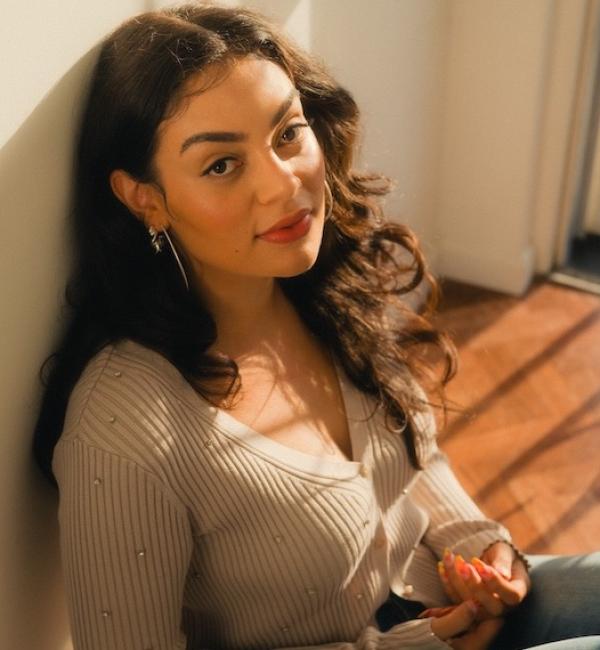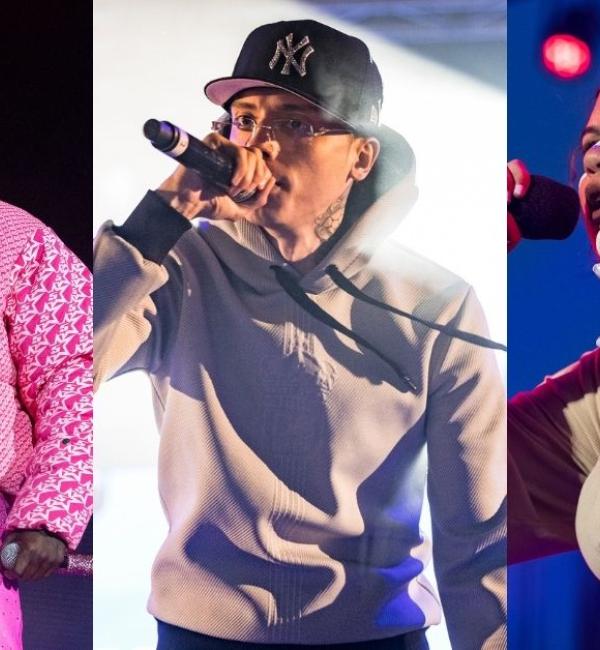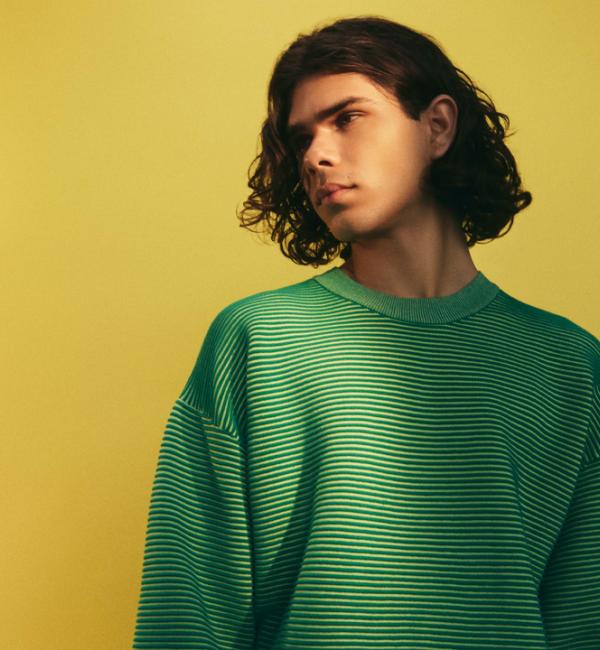
"The revolution is not televised," H.E.R. raps on I Can't Breathe. The song is a powerful response to the murder of George Floyd, who died at the knee of the Minneapolis police department.
And this isn't the only song to emerge from the Black Lives Matter movement that began in the US and then spurred across the rest of the world. Other Black musicians rallied alongside one another to fight back against injustice. Lil Baby released The Bigger Picture; Trey Songz dropped 2020 Riots: How Many Times and YG unleashed his iteration of NWA's Fuck The Police with his own, FTP.
But the sound of protest has rung true through music outside of these recent events. Here are the artists fighting for the living and singing for those no longer with us.
Thelma Plum
Gamilaraay singer Thelma Plum's debut album, Better In Blak, is dedicated to her past trauma and pain. But from this, she derives beautiful soliloquies about indigeneity, that revel in triumph. Love & War responds to the horrifying treatment of Aboriginal children at Darwin's Don Dale Youth Detention Centre. Meanwhile, title track Better in Blak is a diaristic confessional about racist messages and calls she heeded after she found herself splashed across the headlines. "You took the colour from me, darling, I'll get it back / You took the colour from me, but I look better in black / If I knew what I know now, maybe I would take it back / But fuck that, I look better in black."
H.E.R.
H.E.R. debuted, I Can't Breathe during an appearance on iHeartRadio's Living Room Concert series in June this year. It was a damning response to Floyd's death, but also a timely depiction of protests again police brutality, systematic racism while honouring the likes of Breonna Taylor. "Praying for change 'cause the pain makes you tender," she sings. "All of the names you refuse to remember / Was somebody's brother, friend / Or a son to a mother that's crying, saying /' I can't breathe, you're taking my life from me.'"
Ziggy Ramo
Ziggy Ramo released his debut album, Black Thoughts, this year, though it was written five years ago. The content is sadly just as relevant today as it was back then, as the surprise release coincided with the Black Lives Matter movement sweeping across the world. On April 25th, his most celebrated song, Ramo points to ANZAC mythology's role in nationalism. Meanwhile, on Empire, he celebrates his Indigenous ancestors, while on songs like Secondary and Good Things, Ramo celebrates their resilience.
Beyoncé
Over the last few years, Beyoncé has been a strong advocate for feminism while celebrating being a Black woman in America. It's garnered her a loyal fanbase, but also a slew of naysayers. But this has never stopped Queen Bey. Asides from Run The World (Girls) and ***Flawless, the Houston superstar has released iconic hits like Formation, Kendrick Lamar-assisted Freedom and her Juneteenth surprise drop, Black Parade.
Lil Baby
Lil Baby released The Bigger Picture in response to the police killing Floyd, and it soon became the song of the moment. By July, the track had become one of the most heavily played protest songs of the moment, racking up over 65 million streams. "It's bigger than black and white / It's a problem with the whole way of life / It can't change overnight / But we gotta start somewhere," Baby raps.
YG
In 2016, YG released FDT, a boisterous ode to the US President. "Fuck Donald Trump" is the hook that was just as much as a cathartic scream as it was a call to arms. Now, four years later the rapper has released FTP, a slick reimagining of NWA's Fuck The Police that calls to abolish the police. "It's the Ku Klux cops, got hidden agendas It's the truth, I won't stop It's the-it's, the-it's the truth I won't stop / Protect and serve mean duck and swerve," he raps.
Miiesha
Miiesha's debut record, Nyaaringu, is an ambitious and powerful 13-song journey about the Pitjantjatjara woman's experience of being Indigenous in Australia. She interpolates a message from her grandmother who preaches of resilience and independence on the opener, Caged Bird, with accounts of pain and displacement that plagues her people. Miiesha tackles how people tend to romanticise racialised survival on Black Privilege and criticises the Australian media for the way Indigenous stories are portrayed with Hold Strong.
